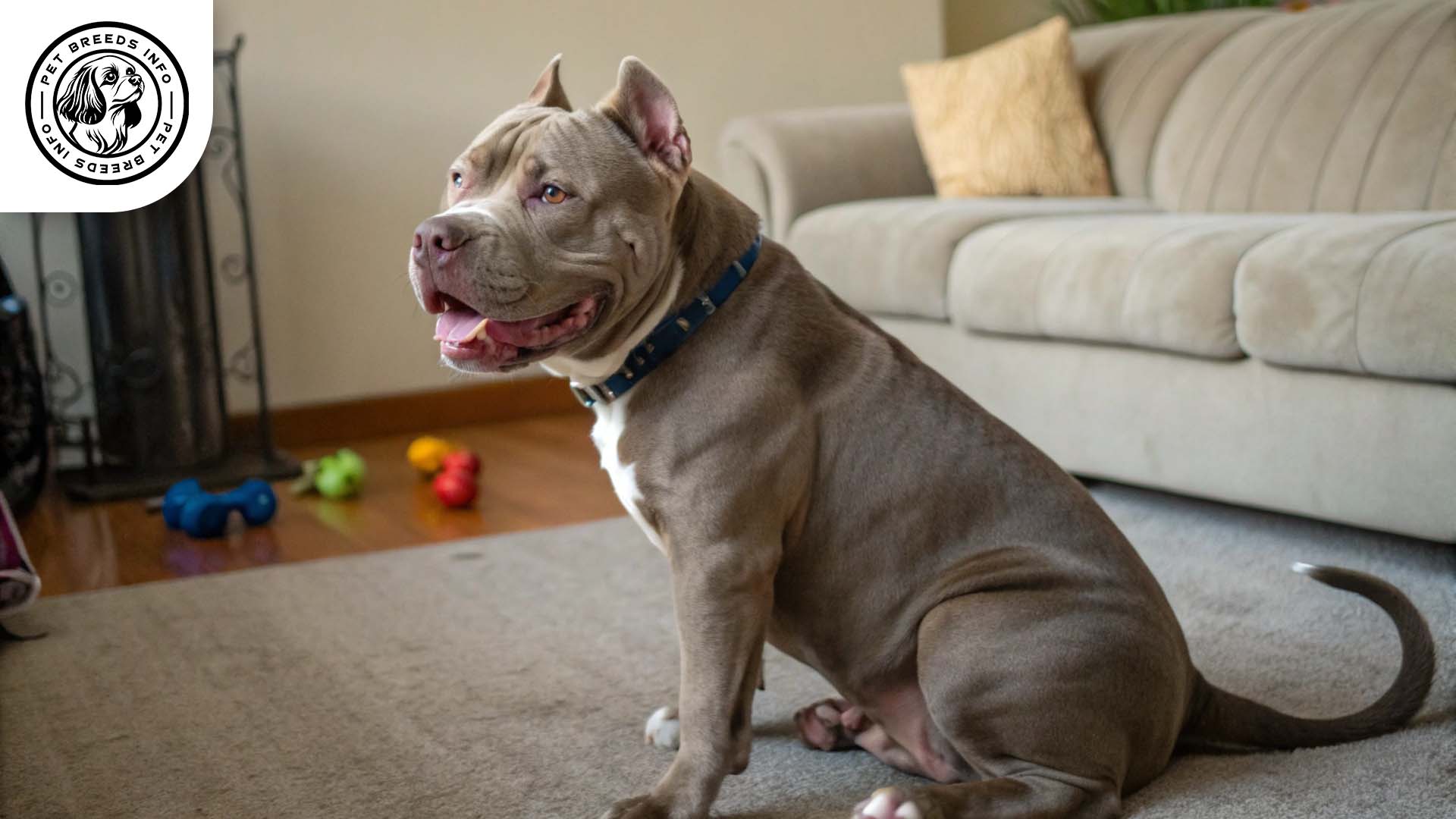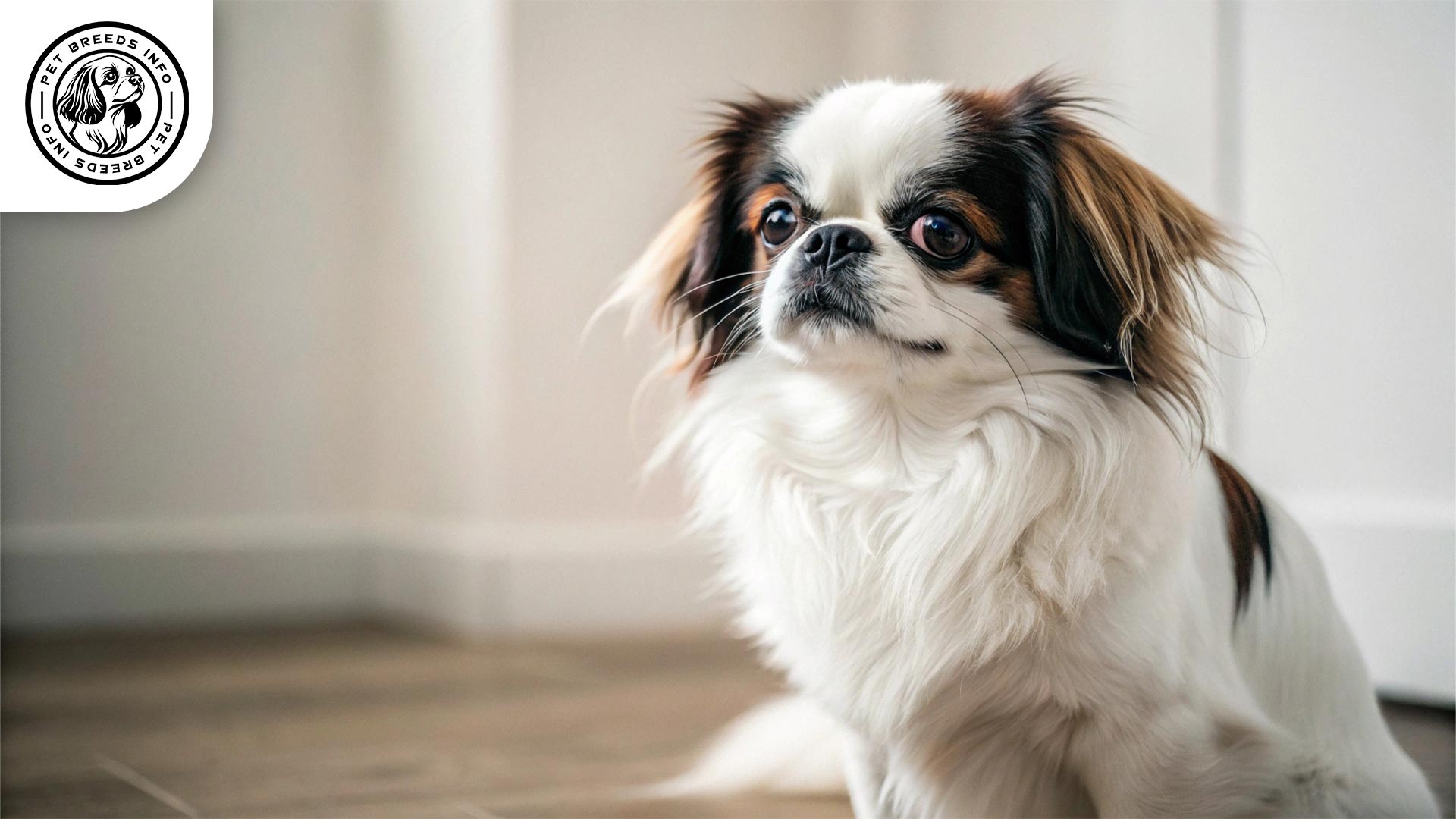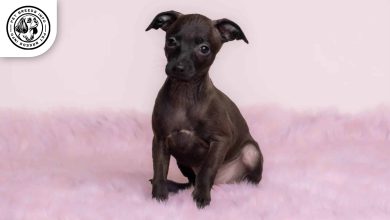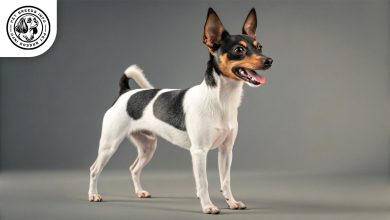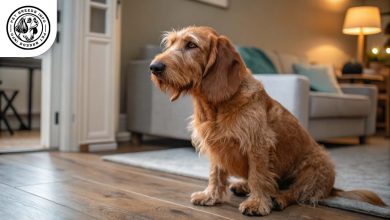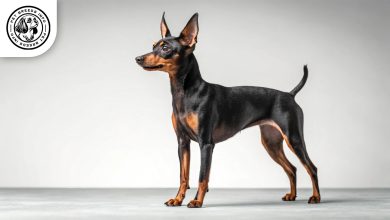American Bully Dog Breed: Size, Health, Price & Personality
General Introduction of the Breed
The American Bully is a companion breed that originated in the United States. It is sometimes referred to as the “Bully” and is closely related to the American Pit Bull Terrier and the American Staffordshire Terrier.
The breed was developed in the 1980s and 1990s by selectively breeding various bully-type breeds to create a loyal, affectionate, and muscular companion with a well-balanced temperament.
Table of Contents
| Weight | 30-120 lbs (14-54 kg) |
| Lifespan | 10-14 years |
| Diet | High-protein, balanced diet (dry kibble, wet food, or raw diet) |
| Care | Daily exercise, minimal grooming, hygiene care (bathing, nail trimming, ear cleaning) |
| Health | Prone to hip dysplasia, skin allergies, heart disease, and brachycephalic airway syndrome |
| Color | Brindle, fawn, blue, black, white, tri-color |
| Nature | Loyal, affectionate, intelligent, protective, moderate to high energy |
| Price | $1,500 to $10,000, depending on size and bloodline |
Physical Characteristics
The American Bully comes in four recognized sizes: Pocket, Standard, Classic, and XL.
Height ranges from 13 to 21 inches (33 to 53 cm), depending on the category, and weight typically ranges from 30 to 120 pounds (14 to 54 kg).
Its coat is short, smooth, and glossy, available in a wide variety of colors including brindle, fawn, blue, black, white, and tri-color.
The eyes are medium-sized, set well apart, and can come in various colors except for albinism.
The breed has naturally floppy ears, although some owners opt for cropping. The tail is medium-length and tapers to a point.
Distinctive traits include a broad chest, well-defined musculature, strong jaws, and a compact, sturdy frame.
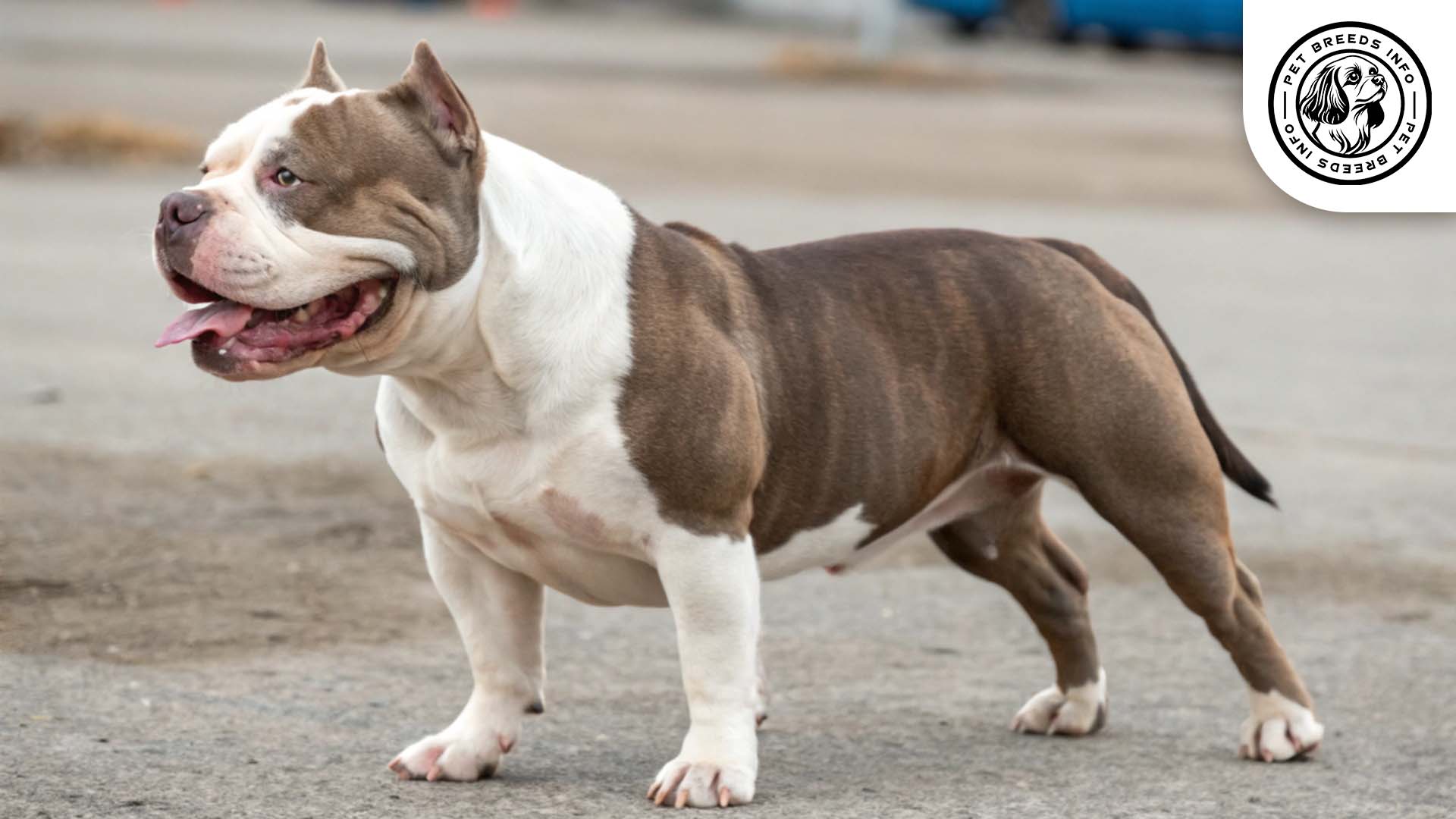
Personality and Temperament
The American Bully is highly intelligent and eager to learn, making training relatively easy with proper guidance.
It has a moderate to high energy level and requires regular mental and physical stimulation.
The breed is deeply loyal and affectionate toward its owners, often forming strong bonds with family members.
It interacts well with children and is known for its gentle and protective nature.
Socialization is essential to ensure positive behavior around other animals.
The breed is playful yet protective, rarely showing aggression unless provoked.
Bullies are sensitive to their surroundings and thrive in stable environments.
Read More: Alano Español Dog
Care and Maintenance Requirements
The American Bully needs daily exercise, such as walks, play sessions, and interactive activities to remain healthy.
It can adapt to apartment living but benefits from access to a yard.
The short coat requires minimal grooming, with brushing once or twice a week to reduce shedding.
The breed is sensitive to extreme heat and cold, requiring protection in harsh weather conditions.
Hygiene care includes regular bathing, nail trimming, ear cleaning, and dental care.
Diet and Nutrition
A high-protein, balanced diet is ideal, including high-quality dry kibble, wet food, or a raw diet.
This breed benefits from diets rich in protein, healthy fats, and essential vitamins.
Foods to avoid include chocolate, grapes, onions, and processed human foods.
Meal portions should be tailored to the dog’s size, age, and activity level, typically divided into two meals per day.
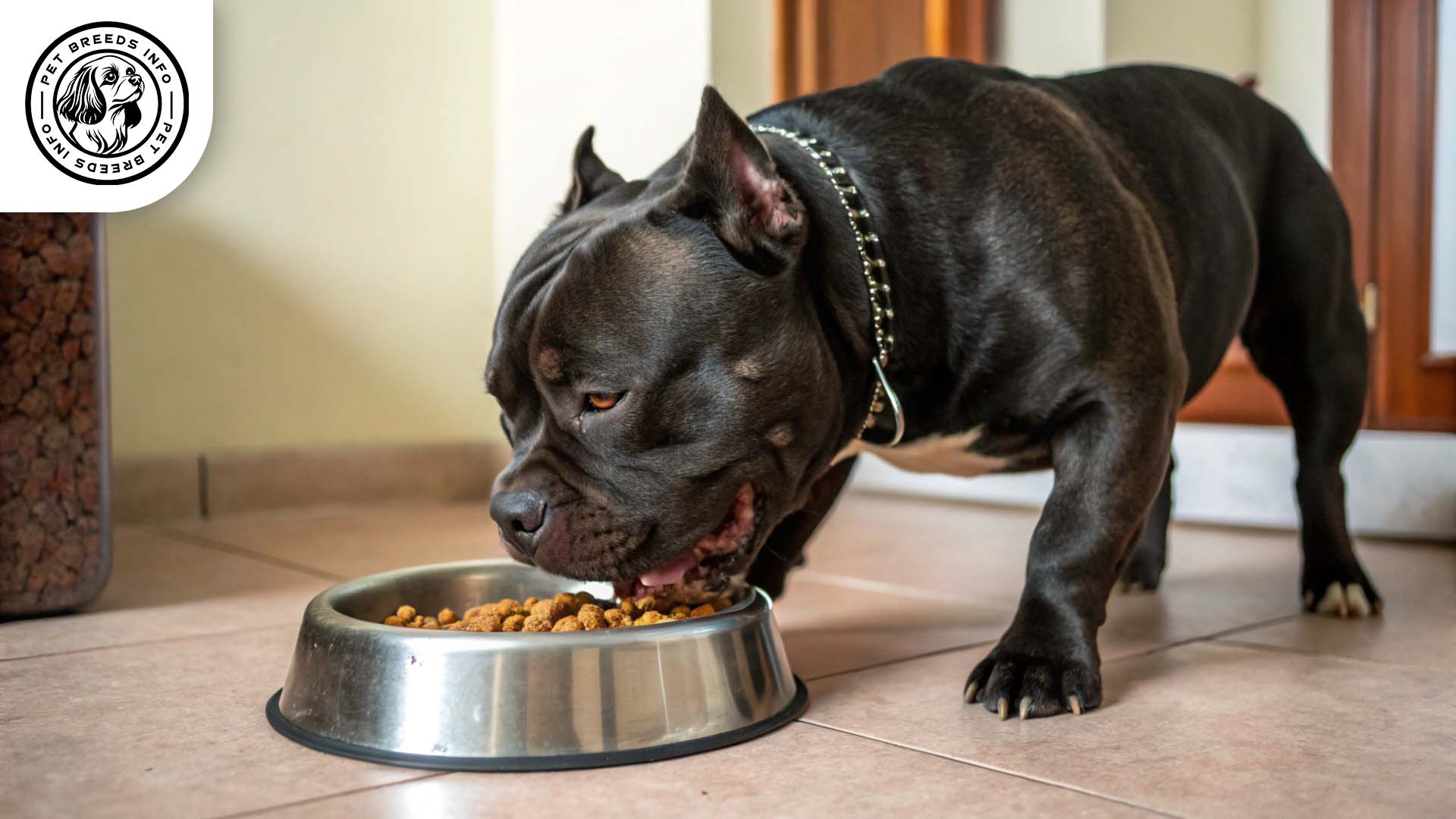
Health and Common Medical Issues
The American Bully is generally healthy but prone to certain genetic conditions such as hip dysplasia, skin allergies, and heart disease.
Other potential health issues include brachycephalic airway syndrome in some varieties.
The breed has an average lifespan of 10 to 14 years.
Regular veterinary check-ups, vaccinations, and preventative care are essential.
Read More: American Water Spaniel Dog
Training and Behavior Management
The American Bully is highly trainable with a consistent approach.
Early training and socialization are crucial to shaping a well-mannered dog.
Positive reinforcement methods work best, including treats, praise, and play.
The breed responds well to firm yet loving leadership.
Interaction with Other Animals and Humans
The American Bully is well-suited for families, as it is affectionate toward children.
Proper socialization helps ensure good relations with other pets.
It thrives in homes where it receives ample attention and is part of daily activities.
The breed tends to be highly attached to owners and does not enjoy long periods of solitude.
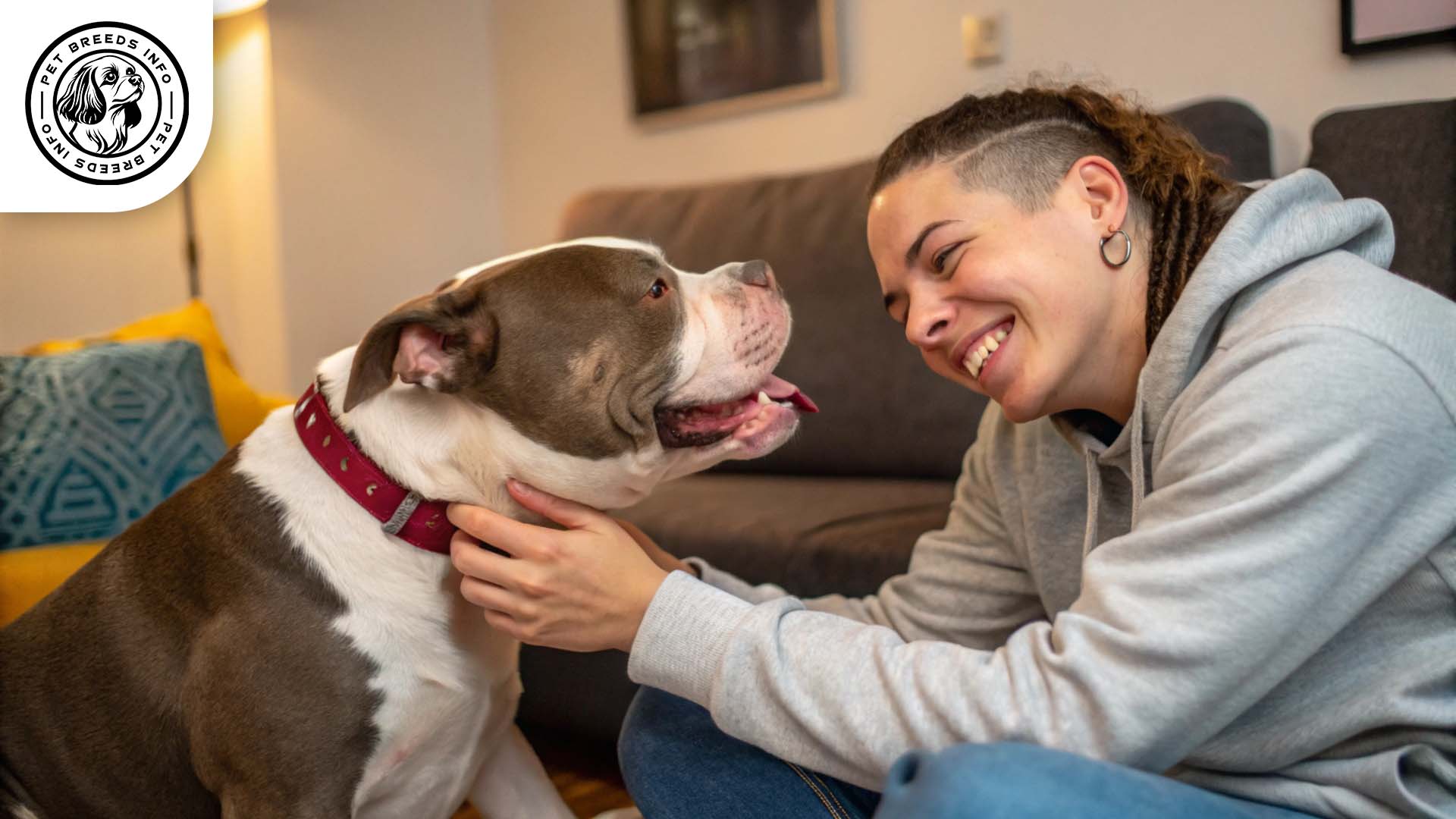
Price and Availability
The cost of an American Bully varies widely, ranging from $1,500 to $10,000 depending on bloodline, breeder reputation, and size.
Potential owners should research reputable breeders or consider adopting from rescue groups.
Health screenings and ethical breeding practices should be primary considerations when purchasing.
Read More: Transylvanian Hound Dog
Conclusion and Final Thoughts
The American Bully is an excellent companion for active families and dedicated dog owners.
It thrives in a loving, structured environment with adequate space and socialization.
Prospective owners should consider the breed’s exercise, social, and care needs before bringing one home.
With proper training and attention, the American Bully makes a loyal, affectionate, and well-behaved companion.
FAQ
What is the average lifespan of an American Bully?
The American Bully lives between 10 to 14 years on average.
How much exercise does the American Bully need daily?
The American Bully needs daily walks, play, and interactive activities for exercise.
Is the American Bully good with children and other pets?
Yes, with proper socialization, the American Bully is affectionate with children and pets.
What are common health issues in the American Bully?
They may experience hip dysplasia, skin allergies, heart disease, and brachycephalic syndrome.
How much does an American Bully puppy cost?
Prices for an American Bully puppy range from $1,500 to $10,000 depending on bloodline.
